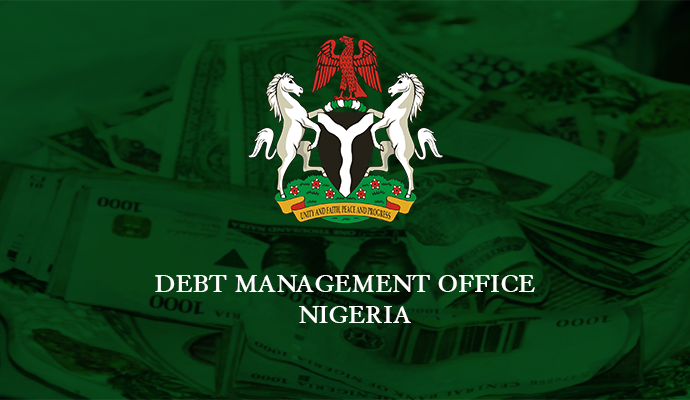In an effort to use the domestic debt market to finance Nigeria’s budget deficit, the Debt Management Office (DMO) has raised N2.2 trillion so far this year, which is more than 91% of its objective. The debt office of Nigeria launched its monthly FGN Bonds auction, according to MarketForces Africa, and issued N360 billion in securities for subscriptions at the local debt capital market earlier in April 2023.
The debt agency raised N368.7 billion, according the auction results, by reopening the 13.98% FGN notes due in February 2028, 12.50% FGN bonds due in April 2032, 13.00% FGN bonds due in January 2042, and 12.98% FGN bonds due in March 2050.
A multitude of fixed income analysts observed that demand was subdued despite the system’s limited liquidity. According to Coronation Research, demand at the auction decreased by 82.1% to N444.0 billion from N808.4 billion observed the month prior. Spot prices for the bids for the five-year FGN bonds, nine-year FGN bonds, fifteen-year FGN bonds, and twenty-seven-year FGN bonds varied.
The spot rate for FGN Bonds that mature in 2028 is 14.000%. FGN Bonds with a 2032 maturity date were sold for 14.80%, a decrease from the spot price of 15.20%. FGN debt instruments due in 2050 were sold at a spot price of 15.80% while FGN bonds due in 2042 were allocated at a spot rate of 15.40%.
Bid-to-cover stood at 1.2x compared with 1.4x recorded in the March auction, Coronation Research said, noting that demand at this auction primarily reflects tight system liquidity.
Analysts noted that market liquidity stood at a deficit of -N203.2 million on Friday as outflows from, OMO and NTB auctions outweighed coupon maturities. Tightening in liquidity level has pushed short-term benchmark rates to double-digit highs.
Both repo and overnight lending are already approaching 20% after a sustained deficit widened by local banks’ demand for liquidity.
According to Coronation Research, the CBN’s discretionary cash reserves (CRR) debits on local banks for failing to meet a 65% loan-to-deposit ratio contributed to tight system liquidity resulting in further upticks in the interbank market rates.
Call, overnight and repo rates closed within a range of 6 – 19% on Friday last week, contributing to softer demand at the auction, according to analysts’ notes. `
“.. We recall that the CBN’s circular dated 07 October 2022, prohibits participants with successful bids at FGN bond auctions from accessing the CBN’s discount window for short-term loans on the settlement day.
“Failure to comply would attract a penal charge of 5% on the allotment value. This directive has also contributed to reduced demand at the auction. As expected, domestic institutions were the core participants at the auction as foreign portfolio investors remain on the sideline”, the firm added,.
The latest monthly National Pension Commission report shows that as of end-February 2023, FGN bonds held by pension fund administrators (PFAs) had increased by 18.5% to N9.6 trillion and accounted for 61.7% of total assets under management.
Negative real interest rates on the back of persistent upticks in headline inflation reading of 22.04% have also contributed to the apathy of foreign portfolio investors towards FGN bonds, Coronation Research said.
In the second quarter of 2023, analysts indicate that they expect a small improvement in system liquidity, largely on the back of an FGN bond maturity, Nigerian T-Bills and OMO maturities as well as bond coupon payments.
“These maturities and coupon payments collectively amount to N1.6 trillion. We expect a slight moderation in the average yield of fixed-income instruments, even as the FGN continues to front load domestic borrowing”.
The DMO had set out to raise a maximum of N2.4 trillion in the first half of 2023 through FGN bonds. However, it has raised N2.2 trillion, representing 91.6% of its target from the beginning of the year to date.













